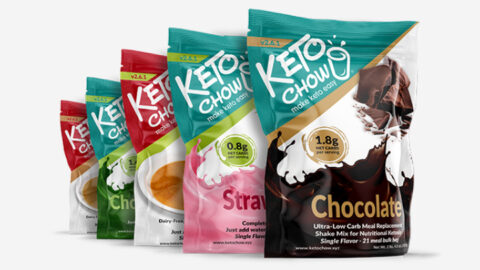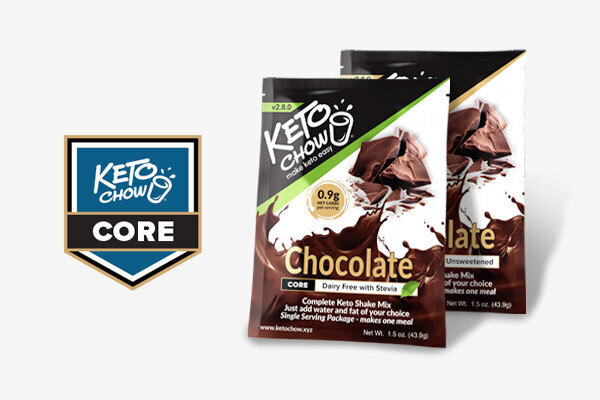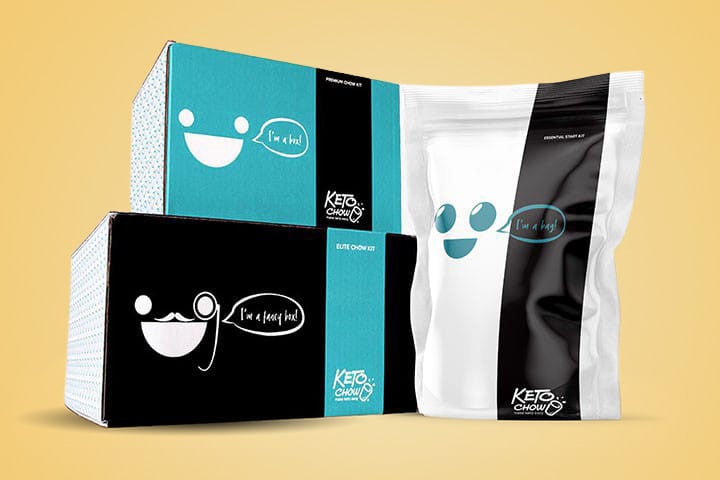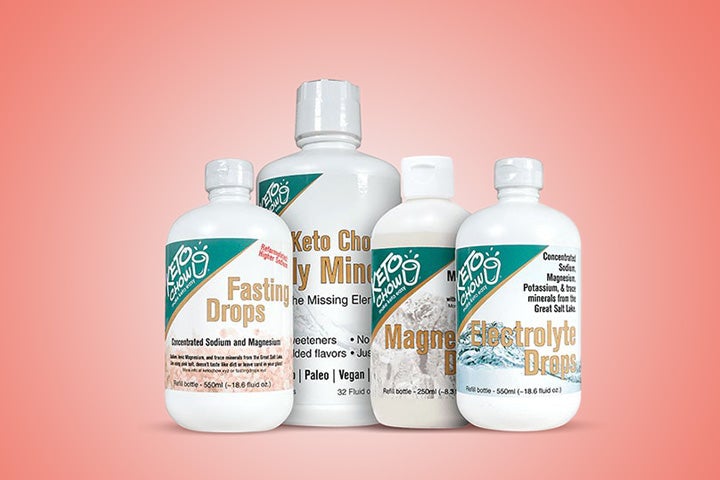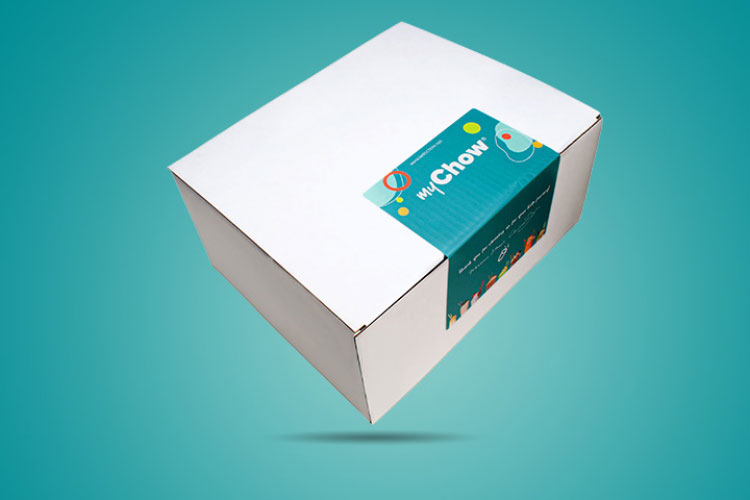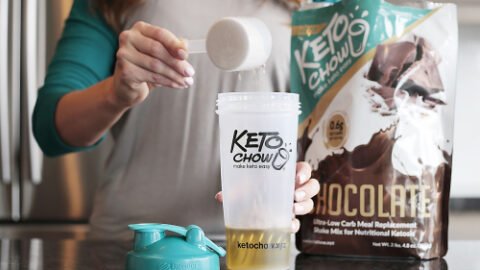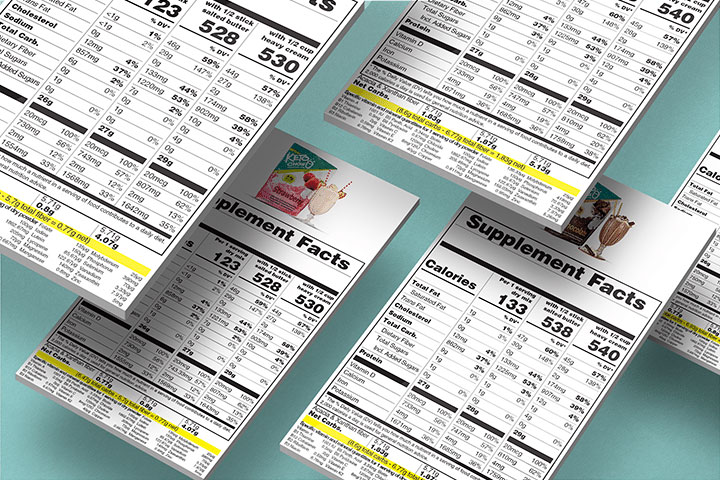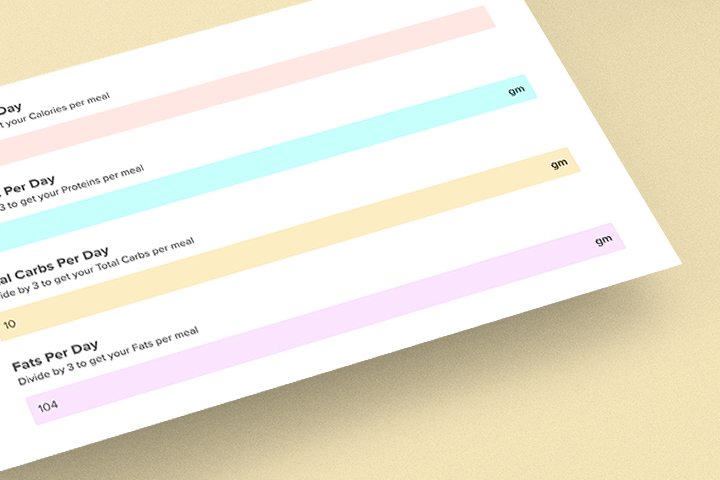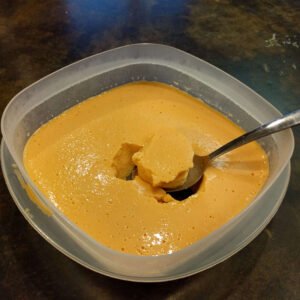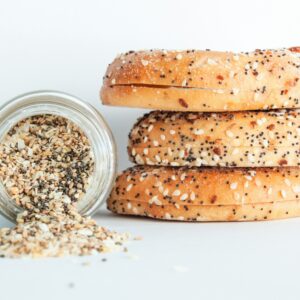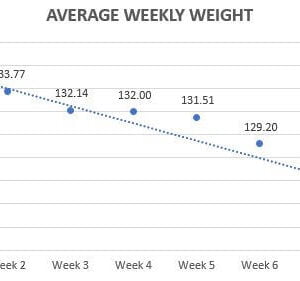Since elevated insulin is the main cause of high uric acid (barring genetic disorders or use of medications that increase uric acid), it stands to reason that eating in a way that lowers insulin could potentially be helpful for maintaining a normal uric acid level and preventing gout flares.
What is gout?

Gout is a form of arthritis characterized by painful flare-ups most commonly in the lower body, especially the big toe, but gout attacks can happen in almost every joint, including the fingers, wrists, elbows, knees, and ankles. The pain is often accompanied by noticeable swelling, redness, stiffness, and warmth in the affected joints.
What causes gout?

Gout results from the buildup of a compound called uric acid in the blood. When uric acid reaches a concentration of 6.8 mg/dL or higher, it can precipitate out of the bloodstream and form sharp crystals that lodge in the joints, which is what causes the painful flares. It’s important to note, though, that not everyone with elevated uric acid is afflicted with gout.
Uric acid is naturally produced in the body and it has some important biological roles. Like many other metabolites, it only becomes a problem when it builds up to a certain level. Uric acid comes from the breakdown of purines, which are compounds naturally occurring in certain foods and drinks. It also comes from the normal breakdown and turnover of your own cells.
High-purine foods include select types of shellfish and other seafood, beef, lamb, turkey (especially deli turkey), venison, bacon, and organ meats. Foods and beverages high in sugar and high-fructose corn syrup are associated with gout because the metabolism of fructose increases uric acid even though fructose itself is not a purine.
The same is true of alcohol. Beer is high in purines, and other types of alcohol that aren’t high-purine can still increase uric acid concentration in the blood by affecting the kidneys’ ability to excrete it.
Why does uric acid build up?

If the synthesis of uric acid is a normal biological process and this compound only becomes a problem when the blood level is excessive, then what causes it to build up in the blood?
A high insulin level causes the kidneys to retain uric acid. (Elevated insulin also makes the kidneys retain sodium, which is why insulin resistance is a major cause of high blood pressure.) Elevated uric acid is not included in the diagnostic criteria for metabolic syndrome, but some experts think it should be. Research shows that the higher someone’s uric acid level is, the more likely they are to have metabolic syndrome.
Is the keto diet good for gout?
Not surprisingly, standard dietary recommendations for gout call for reducing or eliminating consumption of alcohol, high-sugar beverages, red meat, game meat and organ meats, shellfish and other high-purine seafood (such as anchovies and sardines).
So, if you have gout, does that mean you need to say goodbye to bacon, beef, and nutrient-rich seafood if you want to follow a keto diet? Nope!
There’s good news for people with gout who love their steaks and bacon-wrapped scallops. Since elevated insulin is the main cause of high uric acid (barring genetic disorders or use of medications that increase uric acid), it stands to reason that eating in a way that lowers insulin could potentially be helpful for maintaining a normal uric acid level and preventing gout flares. And this is just what the research shows.
In a study of men who typically experienced at least two gout attacks per month, increasing the proportion of dietary protein while decreasing the proportion of carbs resulted in a substantial decrease in uric acid levels and gout attacks. (They went from experiencing an average of more than 2 gout flares per month to 0.6.)
Noting that conventional recommendations for gout often include limiting protein and an “unlimited use of several food substances high in carbohydrate,” the study authors concluded, “Current dietary recommendations for gout may need re-evaluation.”
In another study of subjects who were overweight or obese, following a high-protein diet (actually referred to by name as the Atkins diet) for 6 months resulted in dramatic decreases in uric acid – plus an average weight loss of about 16 pounds, a large drop in triglycerides and total & LDL-cholesterol, and fasting insulin levels were cut nearly in half.
The researchers wrote, “…the Atkins diet (i.e., a high protein diet without calorie restriction) can reduce SUA [serum uric acid] levels despite substantial purine loading.”
So if you have gout, the most important thing for you to limit is carbs – especially sugar. You don’t have to forgo crispy bacon or a nice glass of wine. You can enjoy a higher protein diet, and even a diet rich in high-purine foods, as long as you keep your carbs low enough to maintain a healthy lower insulin level to help facilitate your kidneys being able to excrete any excess uric acid.
A word of caution

Even though keto diets typically reduce gout flares, you’ll need to be careful when you’re brand new to eating this way if you have a history of gout. Uric acid competes with ketones for excretion via the kidneys. If you adopt a keto diet and cut your carbs all at once, your body will suddenly be producing a lot more ketones than usual.
At first, your body will prioritize excreting the ketones, which means the uric acid will be retained and could accumulate, possibly triggering gout flares. This will even out over time, though, and after a few weeks, the uric acid will be excreted efficiently, your blood levels will normalize, and the likelihood of you having a gout flare will decrease. (Unless you have a higher carb day!)
If you’re worried about experiencing a gout attack during the transition to a keto diet, continue taking your gout medication as directed and consider cutting your carb intake gradually rather than jumping into keto all at once.
For example, during the first week, eliminate fruit and sugar-sweetened drinks from your diet but eat other carbs as normal (like bread, potatoes, rice, beans, and other starchy foods). The second or third week, eliminate all bread and bread products – bagels, rolls, wraps, crackers, etc. The fourth or fifth week, get rid of pasta and potatoes. After that, beans and rice.
Reduce your carbohydrate intake little by little in a way that works for you until you’re fully keto. By doing it this way, your transition will be more gradual and less likely to trigger a gout flare.
Bottom line

Dietary carbohydrate restriction is beneficial for gout, even if your low-carb or keto diet includes a generous amount of red meat and other high-purine foods. If you have a history of gout, be prepared for the possibility that a rapid reduction in your carb intake could trigger some gout flares during the adaptation period, or opt to reduce your carbs more gradually to reduce the chances of this happening.
Looking for a low-carb meal?

Then check out Keto Chow! Keto Chow is a keto-friendly meal shake with 1/3 of your daily recommended nutrients. It can be made in seconds, tastes delicious, and comes in over 25 flavors!
